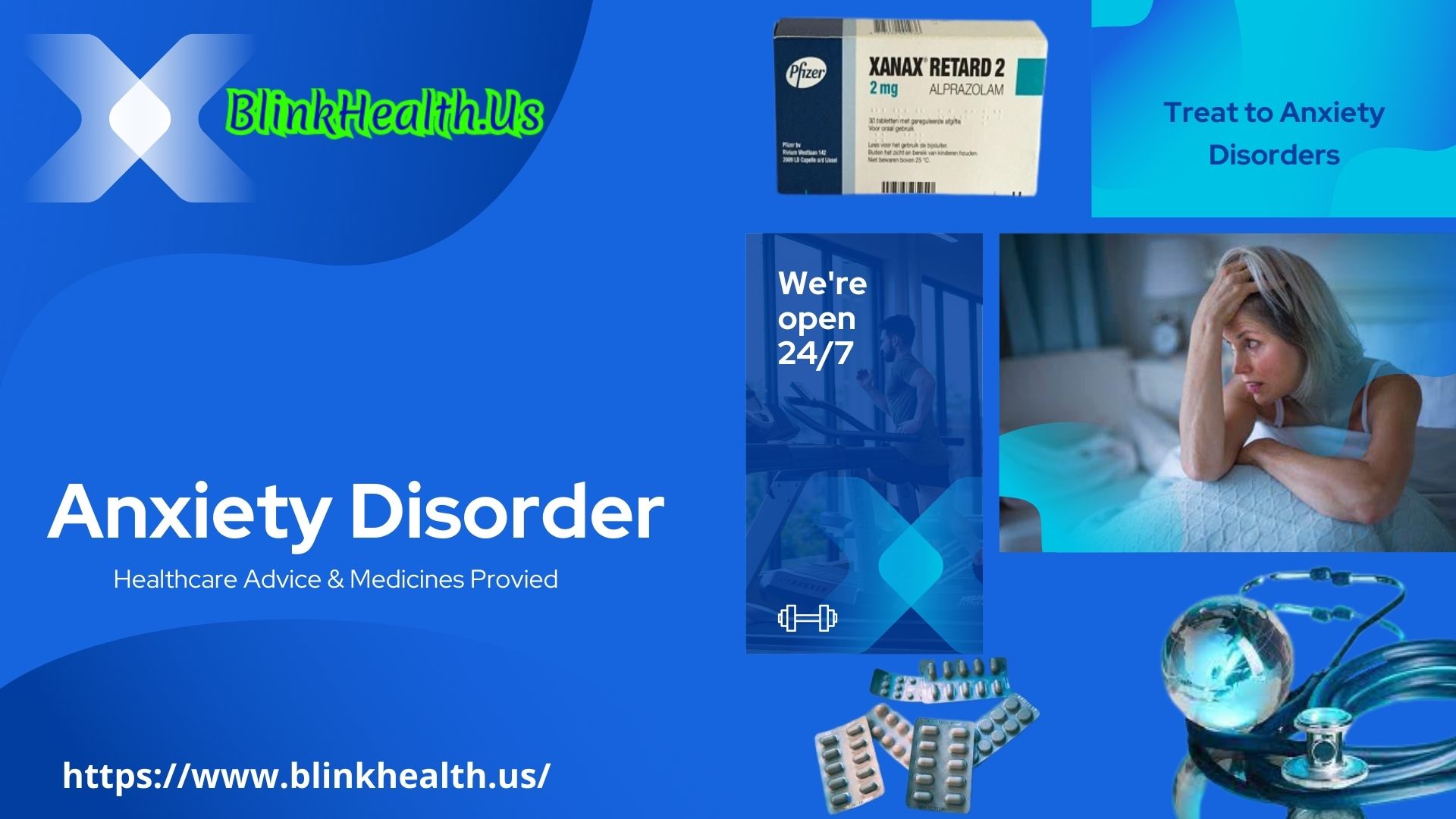EFFECTIVE WAYS OF OVERCOMING ANXIETY DISORDERS
Fear and anxiety may last for a short time and then go away, but they can last longer and you can stay with them. In some cases, they can take over your life and affect your ability to eat, sleep, concentrate, travel, enjoy life, or even leave the house or go to work or school. This can prevent you from doing the things you want or need to do, and it will affect your health as well. You can buy xanax online treat to anxiety disorders.
Some people are overcome with fear and want to avoid situations that might frighten or worry them. Breaking this cycle can be difficult, but there are many things you can do. You can learn not to feel cowardly and how to deal with fear so it doesn’t interfere with your life.
What are You Worried About Anxiety?
Since fear is a type of fear, the things we described above about fear also apply to fear.
The word “fear” is usually used to describe fear or when the fear stings and persists. Used when the fear is about something in the future, not what happened.
Anxiety is a word often used by healthcare professionals to describe persistent fear. The way you feel anxious and anxious is very similar because the primary emotion is the same.
How do You Feel Afraid and Anxiety?
When you feel anxious or very anxious, your mind and body work very quickly.
How can I Help Myself?
-
Face Your Fears if You can
Avoiding situations that scare you can help you stop doing the things you want or need to do. You won’t be able to verify that the situation is always as bad as you’d like it to be, so you’re missing out on an opportunity to understand how to overcome your fears and reduce your anxiety. Anxiety problems tend to get worse when you enter this pattern. Revealing your fears can be an effective way to overcome them.
-
Know Yourself
Try to find out more about your fear or fear. Keep an anxiety journal or thought log to keep track of when and what happened. You can try setting small achievable goals to manage your fears. You can carry a list of things that will help at times you may be afraid or worried about. This can be an effective way of dealing with the beliefs that underlie your fears.
Try to find out more about your fear or fear. Record when it happened and what happened.
-
An Exercise
Increase the amount of exercise you do. Exercise requires concentration, and it can take your mind off fear and worry.
-
Relax
Learning relaxation techniques can help you manage mental and physical anxiety. Simply relaxing your shoulders and breathing deeply can help. Or imagine yourself in a relaxed place. You can also try learning things like yoga, meditation, massage, or listening to basic mental health podcasts.
-
To Eat Healthy Food
Eat lots of fruits and vegetables and avoid too much sugar. A drop-in blood sugar can therefore trigger feelings of anxiety. Try not to drink too much tea and coffee, as caffeine can increase anxiety levels.
-
Avoid Alcohol or Drink in Moderation
Very often people drink when they are nervous. Some people refer to alcohol as “Dutch courage,” but the effects of alcohol can make you feel more anxious or afraid.
-
Additional Therapy of Anxiety
Some people find that additional therapy or exercises such as relaxation techniques, meditation, yoga, or tai chi help them manage their anxiety.
-
Faith/Spirituality
If you are religious or spiritual, you can feel connected to something bigger. Faith can provide a way to deal with everyday stress, and attending church and other religious groups can connect you to a valuable support network.
How do I Get Help?
Speech Therapy
Speech therapies such as counseling or cognitive behavioral therapy are very effective for people with anxiety problems, including computer-assisted cognitive behavioral therapy which guides you through a series of self-help exercises on screen.
Anxiety Treatment
Drug treatments are used to provide short-term relief rather than finding the root cause of anxiety. Medications can be very useful when combined with other treatments or support.
Support Group
You can learn a lot about anxiety management by asking other people who have experienced it. Support groups or local support groups bring together people with similar experiences to hear one another’s stories, share advice, and encourage one another to try new ways of self-management. For information about support groups in your area, please contact your local doctor, library, or community advice center.


